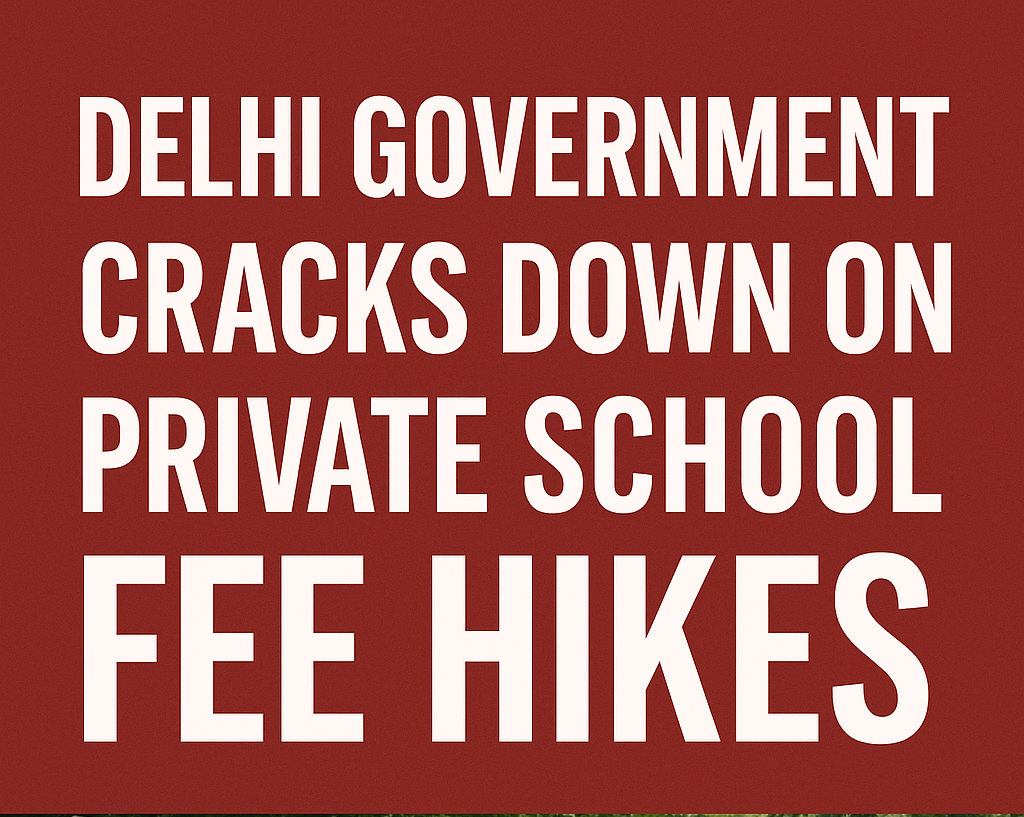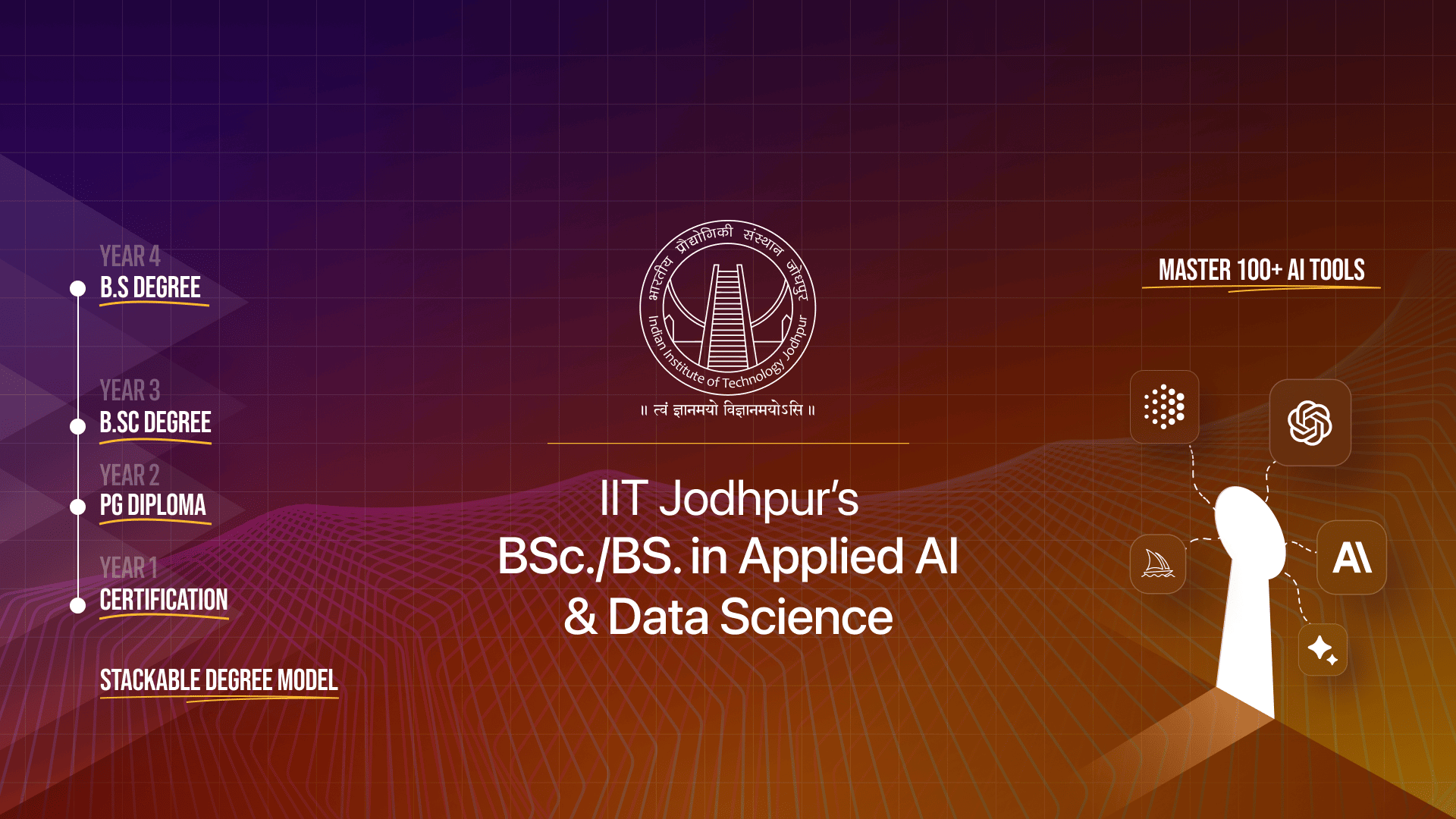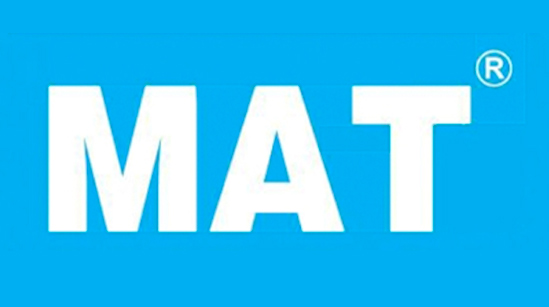New Delhi:— The Delhi government has launched a robust crackdown on private unaided schools across the national capital for implementing irregular and exorbitant fee hikes, following widespread complaints from parents and guardians. The move, led by Chief Minister Rekha Gupta and the Directorate of Education (DoE), aims to enforce stricter compliance with the Delhi School Education Act and Rules (DSEAR), 1973, and alleviate the financial burden on families, particularly those from middle- and lower-income groups.
The DoE has issued notices to numerous private schools accused of increasing fees without prior approval, with some institutions reportedly hiking fees by 25–30% annually, especially in the post-COVID period. Parents have alleged coercive practices, including threats to withhold admit cards for board examinations or expel students over non-payment of unauthorized fees. One notable case at Queen Mary School in Model Town sparked outrage after students were allegedly expelled due to fee disputes, prompting swift action from the government.
Chief Minister Gupta, addressing a public meeting on April 15, emphasized a “zero tolerance” policy toward such practices. “No school has the right to harass parents or children or increase fees abnormally. There are clear laws, and violators will face consequences,” she stated, confirming that notices have been sent to offending schools, with warnings of strict action, including potential suspension or cancellation of recognition. Gupta also announced that data on fee hikes will be made publicly available on the DoE website within days to ensure transparency.
The government has initiated city-wide audits led by subdivisional magistrates, with senior accounting officials tasked to scrutinize the financial records of non-compliant schools. A specialized audit committee, headed by the Chief Minister, will oversee the process. Additionally, a dedicated nodal officer has been appointed to address grievances related to the denial of books, uniforms, or discriminatory admission practices, particularly for students from economically weaker sections (EWS).
Parents, represented by figures like Aprajita Gautam of the Delhi Parents Association, have expressed frustration over the lack of oversight, noting that only 335 of Delhi’s 1,677 recognized private schools require DoE approval for fee hikes, leaving many free to raise fees unchecked. Cases like Birla Vidya Niketan, where fees reportedly rose from Rs. 64,000 to Rs. 80,000 per quarter without notice, and Maharaja Agrasen Model School, which implemented a 9% hike after rolling back a planned 19% increase, have fueled protests.
The DoE has reaffirmed its commitment to equitable education, backed by an increased budget allocation of Rs. 2,000 crore for the 2025–26 fiscal year. Schools found violating regulations face severe penalties, including potential government takeover. The department has also instructed schools not to mandate purchases of books or uniforms from specific vendors or change uniform designs more frequently than every three years.
As the audits progress, the Delhi government’s actions signal a determined effort to curb exploitative practices in private education, though the political blame game and parental discontent highlight the complexity of reforming a system under strain. For now, parents and students await tangible relief, hoping transparency and accountability will prevail.



